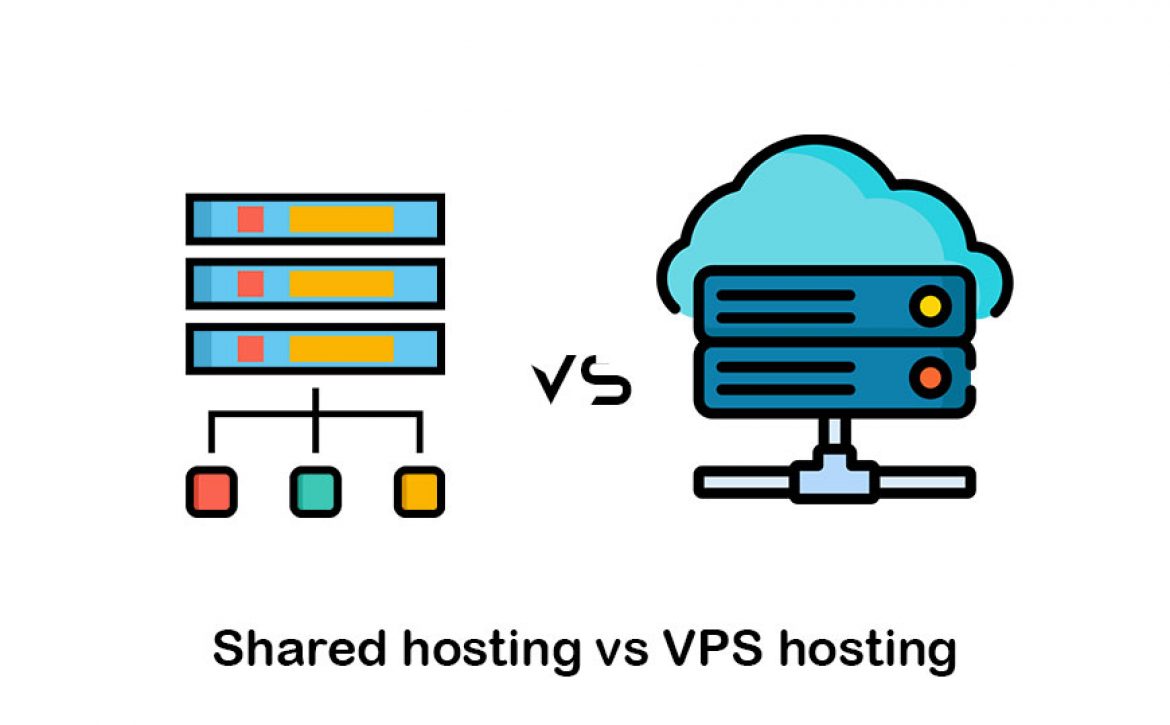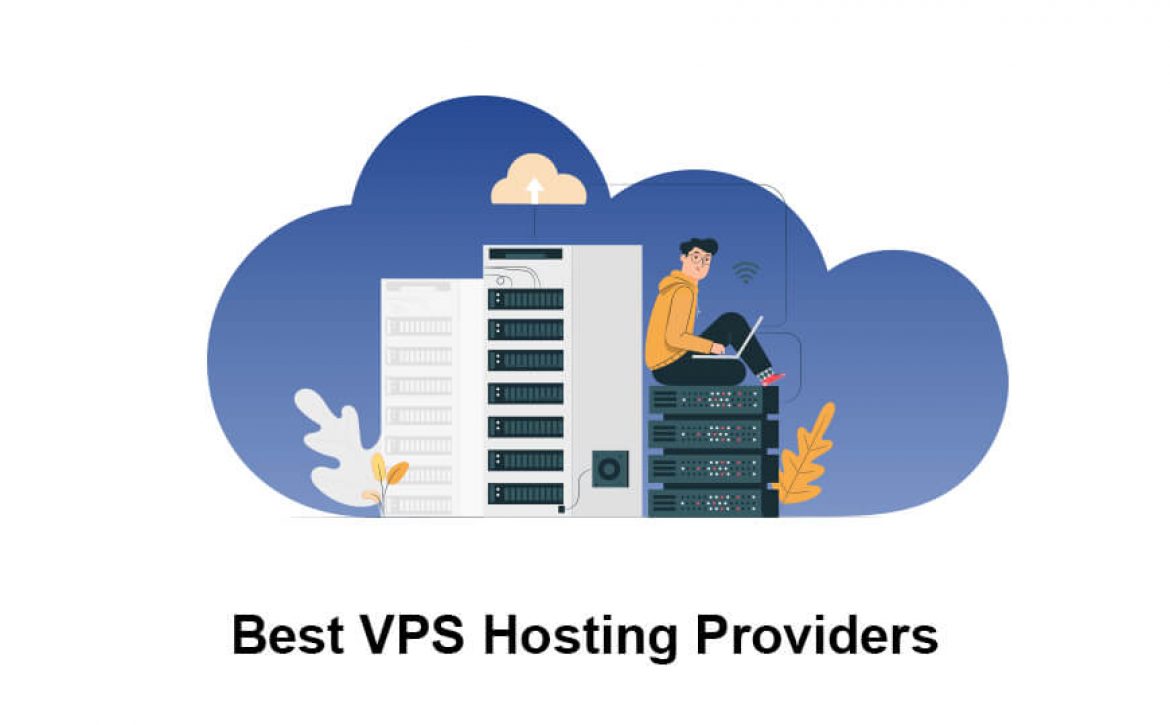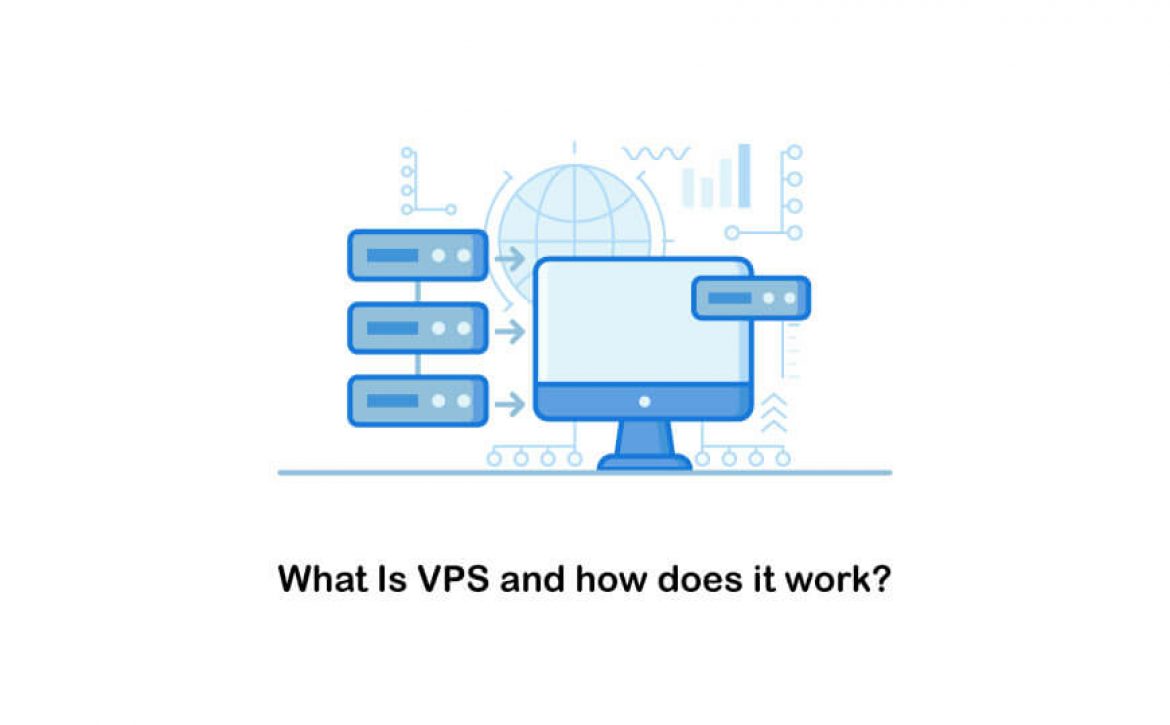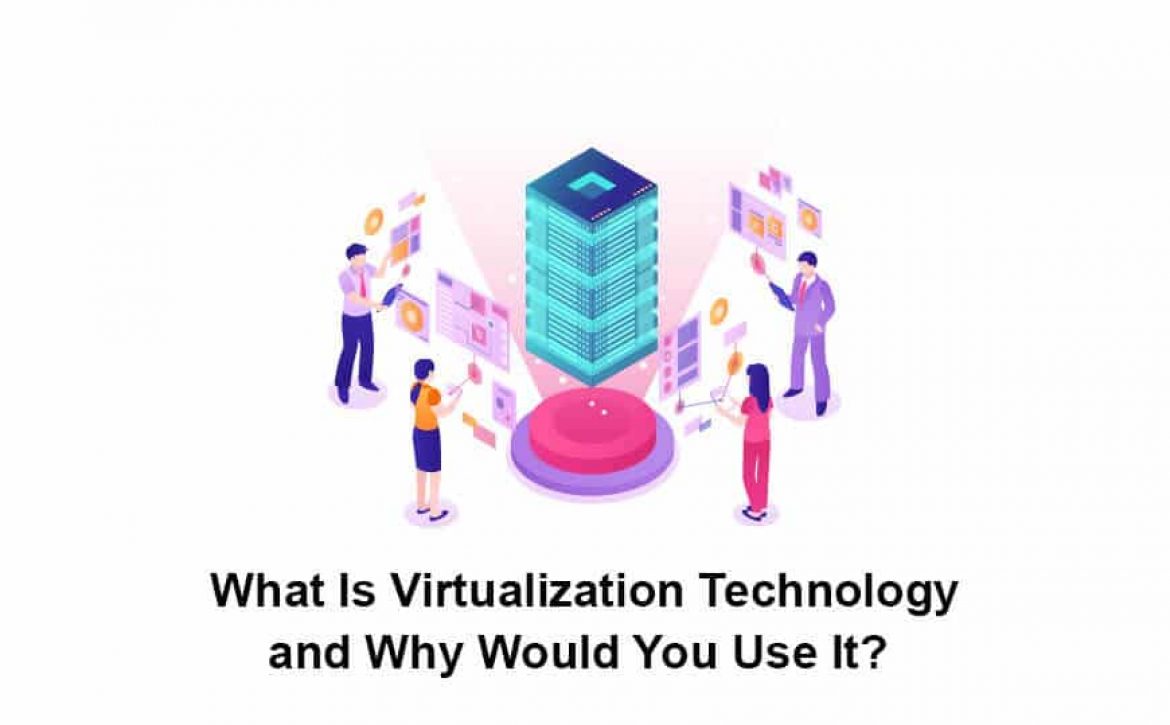Category: VPS
Virtual Private Server, also known as VPS among users, consists of dividing the resources of a dedicated server into several smaller machines. These resources include CPU, RAM, Hard Disk, network card, and the main server or host power divided between multiple dedicated virtual machines. With virtualization software such as HyperV, XEN, VMware, etc., one server can be converted to several servers and the resources of that main server can be used for several smaller machines.
In the digital world and the present age, website users are increasing, and having a server to host on more dedicated resources is more required. Due to the increase in the number of visits to sites, most of the time, shared hosting is not responsive, and therefore switching to a dedicated server will be necessary. Now, this dedicated server, which is very powerful and high resourced and requires a lot of money to purchase its parts, will have a similarly high cost for users. But with the use of virtualization technology, a suitable and much lower cost solution has been provided for users.
By obtaining a virtual server or VM, users can enjoy most of the features of a dedicated server and pay much less. Of course, let’s not forget that in the end, the virtual server, like shared hosting, is dependent on the server in the use of some resources, but the benefits it has created for users will far outweigh its limitations. Therefore, after the growth of their online businesses and the need to provide a dedicated server, many users turn to this type of servers, and day by day, more and more favor is seen toward buying and launching websites on virtual servers.
The most important advantages of a virtual server are:
- Utilizing the resources of a single server for several smaller servers: This is very cost-effective for both server and web hosting services as well as users. A web service provider can purchase server components for a one-time fee. Then safely split the dedicated server into several servers and therefore cover more users; similarly, earn more profit from selling server resources with the possibility of virtualization. On the other hand, for users who need less dedicated resources and pay less than a dedicated server, providing a virtual server will be more suitable.
- Ability to access server management sections on the virtual machine: With the provision of VPS, the possibility of remote server management is provided to users and they can be their own server manager.
- Ability to install custom software on the virtual server: By accessing the management facilities of the server, users are able to install their favorite software on the server.
- Ability to upgrade server resources quickly and instantly: To upgrade the resources of a virtual server (if the host server has this possibility) can be done easily and in a few minutes to increase the RAM, processor, and hard server resources, while this upgrade takes at least a few hours on a dedicated server. If we want to increase the resources of dedicated service, it will be necessary to refer to the data center and turn it off for a few minutes or a few hours to upgrade.
Although virtual servers have limitations for some users due to their virtual nature and lack of dedicated resources, and eventually have to provide a completely dedicated server, it is suitable for many owners of large websites and online stores and will for sure meets their needs.






